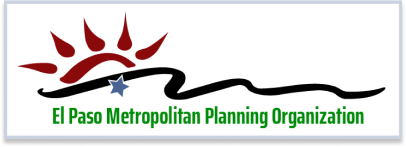Need Area Description
This service package sets variable speed limits along a roadway to create more uniform speeds, to promote safer driving during adverse conditions (such as fog), and/or to reduce air pollution. Also known as speed harmonization, this service monitors traffic and environmental conditions along the roadway. Based on the measured data, the system calculates and sets suitable speed limits, usually by lane. Equipment over and along the roadway displays the speed limits and additional information such as basic safety rules and current traffic information. The system can be centrally monitored and controlled by a traffic management center or it can be autonomous.
This service establishes variable speed limits and communicates the speed limits to drivers. Speed warnings and enforcement of speeds limits, including variable speed limits, is covered in the TM17–Speed Warning and Enforcement service package.
Variable speed limits are an Active Traffic Management (ATM) strategy and are typically used in conjunction with other ATM strategies (such as TM22–Dynamic Lane Management and Shoulder Use and TM23–Dynamic Roadway Warning).
Need Area Type
Management
Service Package
Includes Needs
| Number | Need |
|---|---|
| 01 | Traffic Operations need to be able to collect data from multiple sources to actively recommend variable speed limits which can be based on environmental conditions. |
| 02 | Traffic Operations need to be able to process current and historical data in order to provide recommended variable speed limits. |
| 03 | Traffic Operations need to be able to display variable speed limits to drivers. |
